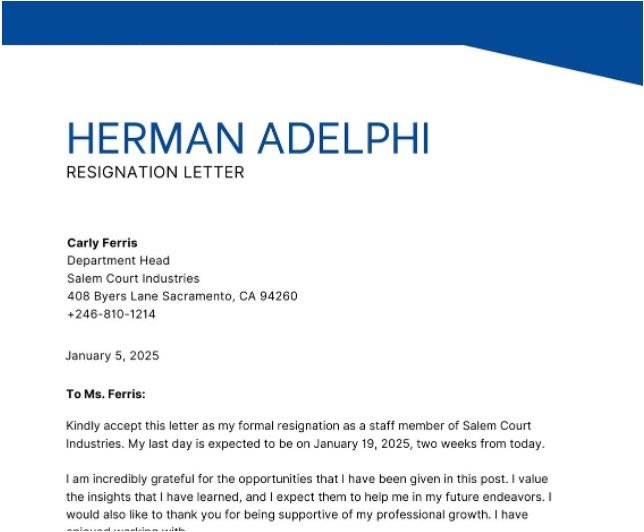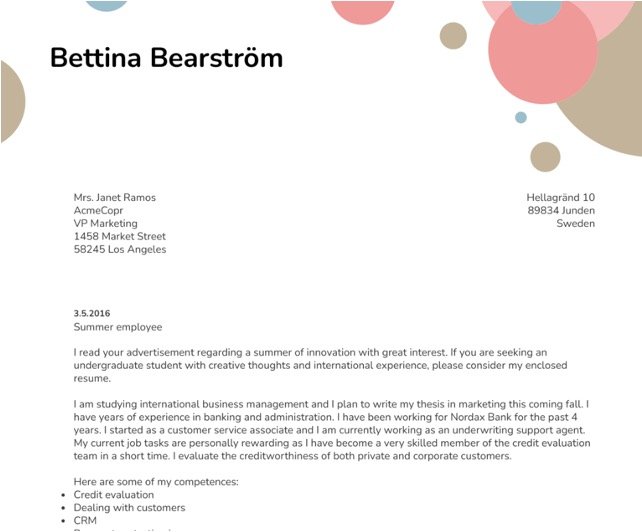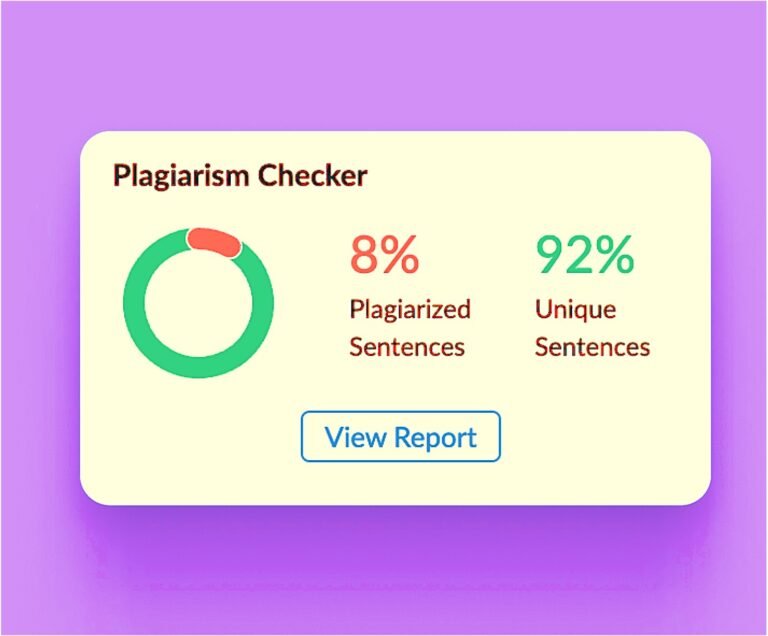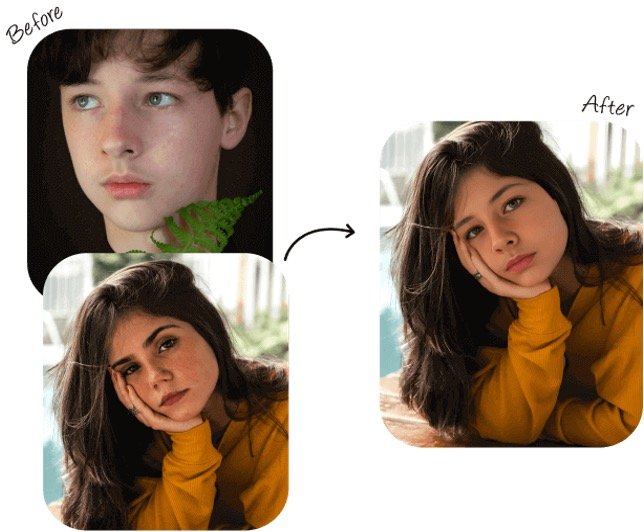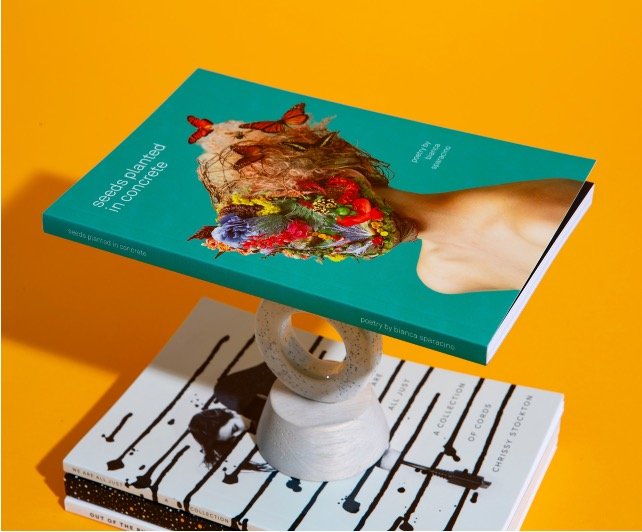
How to Supercharge Your Academic Writing with ChatGPT (With Prompts)
Are you struggling to write academic papers? Do you find it challenging to come up with ideas and put them into words? If so, you’re not alone.
Many researchers face similar challenges when it comes to academic writing. Fortunately, ChatGPT can help you supercharge your academic writing, from brainstorming your ideas to proofreading your research article.
In this article, I’ll show you how to use ChatGPT smartly to improve your academic writing skills. We’ll provide step-by-step instructions and also give you tips on how to use it effectively.
So, whether you’re a high school student or a PhD candidate, read on to learn how ChatGPT can help you become a better academic writer.
Supercharge Your Academic Writing with ChatGPT
Join Our Free Newsletter
1. Train ChatGPT Like Academic Writing Assistant
a. Open ChatGPT and select Customize ChatGPT.

b. First make your own “Custom Instructions” or you can use the following custom template and modify it accordingly.

Introduction: I am a [Master’s student, Doctoral student, or experienced academic scientist] with a PhD [input your degree] in [your field for example; cancer metabolism]. I work as a [write your job title for example; Postdoctoral researcher, Doctoral student, Master student] at the [name of your university].
Research Interests: I am working on a project [write your research title. For example Role of glucose oxidation in cancer cells]. The research project investigates [Write a detail about your research project, at least a paragraph but the more the better]. I am also involved in various research assistantship projects such as teaching of undergraduate and graduate courses on [Write a detail about the courses you teach]. I have published multiple research works on [write at least a research title with Pubmed ID or you can also simply write a Pubmed ID. If you recently published it then copy and paste the research article abstract].
You: You are going to act as my personal research assistant. You will help me with brainstorming research ideas and questions, simplifying complex topics, mock peer review, and polishing academic prose. You will suggest new and innovative research directions in developing my research work.
How Would You Like ChatGPT to Respond?
You will respond like an academic professor having research experience of more than 10+ years. Any claims, opinions, or figures that you cite in your answers must be cited with published research article references indexed with Pubmed ID.
You will never make up any response without any research article citations. If you are not sure about an authentic source, you will simply say that you don’t know.
You will never say you are an AI model since I already know that. I want to name you Dr. Jarvis (You name it whatever name you like), instead of saying as an AI model consider yourself Dr. Jarvis.
Your responses must be clear and precise, 100% accurate, and you will never use unwanted words that are necessary. You will always be very economical with words, but you will not compromise on the clarity and precision of your answers.
You will follow my instructions strictly. If I ask you to limit your answer to two sentences, your answer must be two sentences only.

2. Use ChatGPT as Your Research Assistant
a. Ask your research questions but start with simple and generic questions. ChatGPT is like a baby, so the right priming is very important for accurate response.
Prompt: Do you know about [cancer metabolism]?
ChatGPT will say “Oh, I’m quite familiar with your topic! Let’s dive right in and explore it together, shall we?” or similar to this.

ChatGPT will say “Oh, I’m quite familiar with your topic! Let’s dive right in and explore it together, shall we?” or similar to this.
Ask a couple of more follow-up questions to narrow down your research project.
These basic questions are very crucial and will train ChatGPT for your research project and it will give much more calibrated answers to your questions.
3. Brainstorm Your Research Questions
Now you have trained the ChatGPT with your research area, you can start asking real research questions.
Prompt: I am working on a paper on [your topic]. Help me brainstorm research questions.
A quick tip: More active prompts work best for more accurate answers while less direct and confusing prompts provide you with weirder and less specific answers.
ChatGPT will give you a few research questions. Choose the most interesting research question.

Ask another follow-up question to ChatGPT to give you 10 more research questions.
Prompt: Give me 10 research questions on the following topic [paste your found research questions that you found most interesting in step 1].
ChatGPT will give you 10 specific research questions. Now, either you can stop here and pick the 1-2 research questions out of 10 or you can further narrow down your research topic.
4. Write Your Research Question
Simply copy and paste all the research questions that you got at Step 3.
Start writing on the given research topic whatever comes to your mind. Don’t worry about grammar, punctuation, structure, etc. Your personal research assistant, ChatGPT will take care of everything.
5. Proofread Your Research Draft With ChatGPT
Copy and paste the paragraph you wrote in step 4.
Use prompt: “Remove all redundant words and phrases, correct grammar, and spellings [you can also tell ChatGPT American or British English style] from this research article and make it coherent and cohesive.”
ChatGPT will give you a well-drafted, grammatically corrected, and error-free research article that you can present.

ChatGPT will give you a well-drafted, grammatically corrected, and error-free research article that you can present.
6. Proofread Your Full Manuscript with ChatGPT 4
If you have a full-length research manuscript and want you can upload it but you will need the paid version of ChatGPT. Simply upload your full research manuscript and use the following prompts.
Prompt: Can you proofread my research article manuscript?
ChatGPT is going to say YES! Now upload your document.
Prompt: Read the entire text of my research draft but you don’t need to provide criticism at this moment.
Wait for ChatGPT to finish reading the text of your paper.
Prompt: Please review my draft and provide actionable feedback on improving the argument, evidence, structure, and style of my paper.
ChatGPT give will you its suggestions. You can now make revisions and alterations to the manuscript based on the feedback provided by ChatGPT.
After drafting, share with professor or colleagues for feedback.


